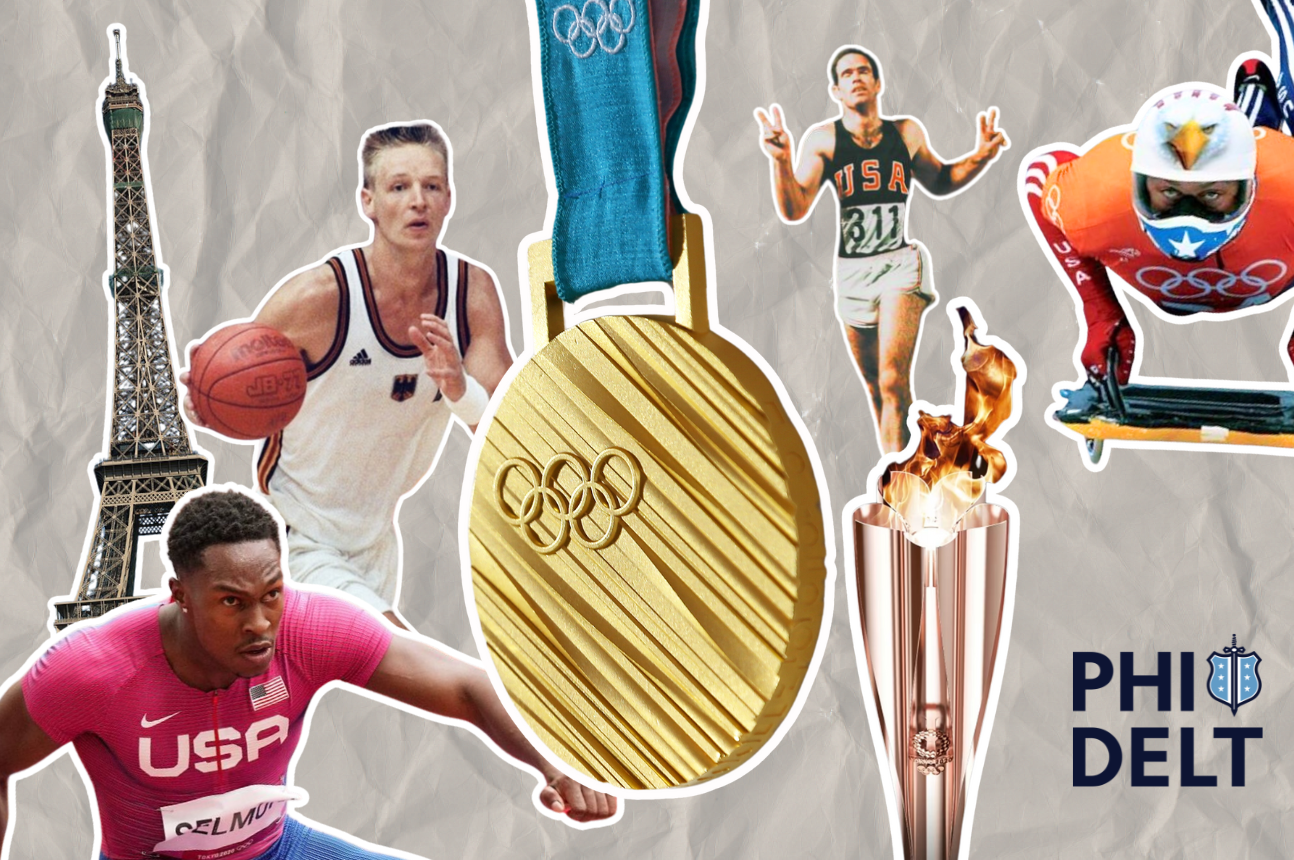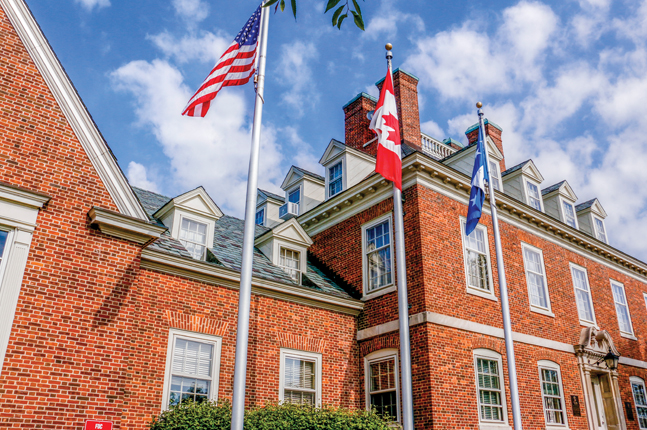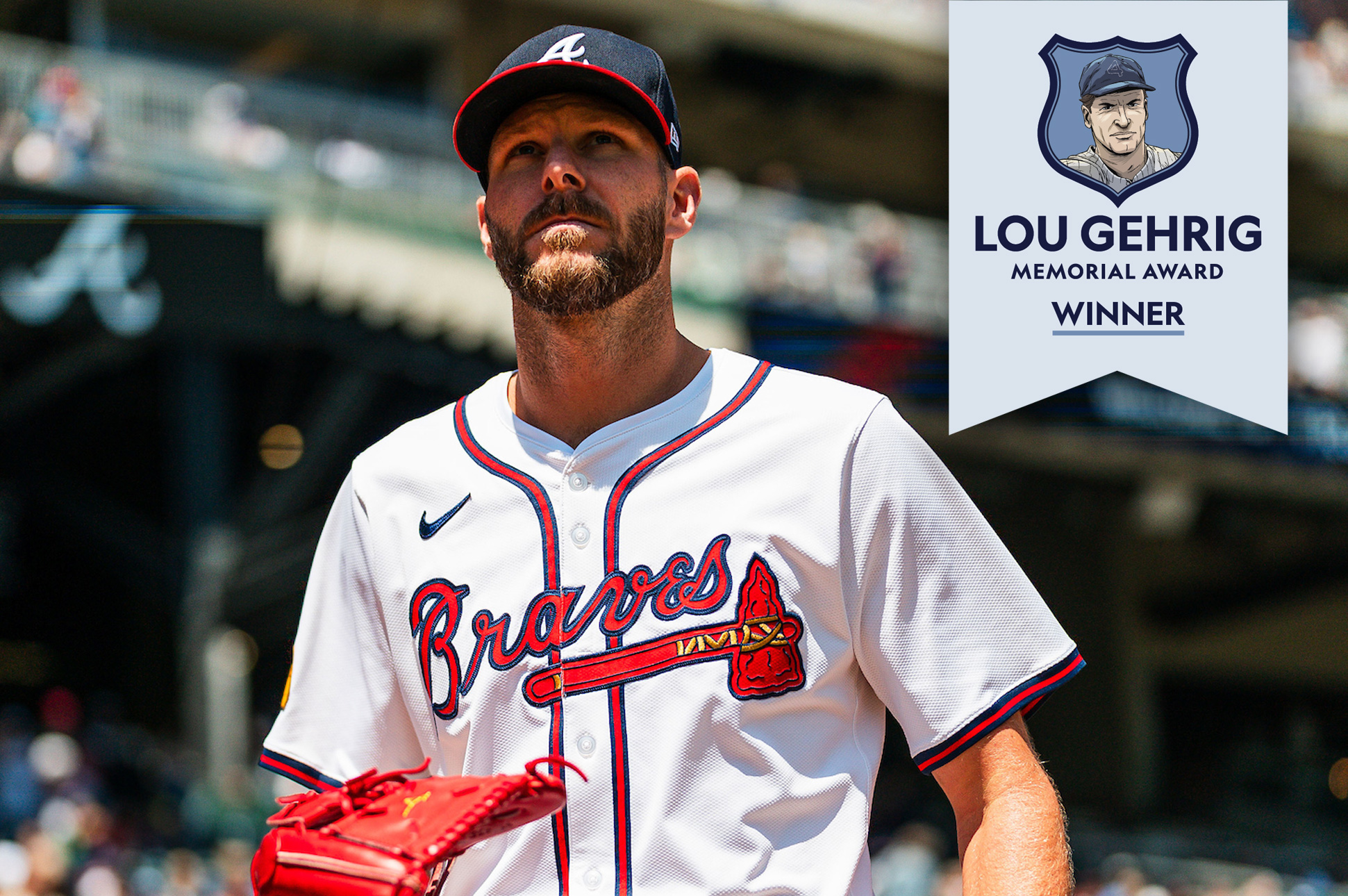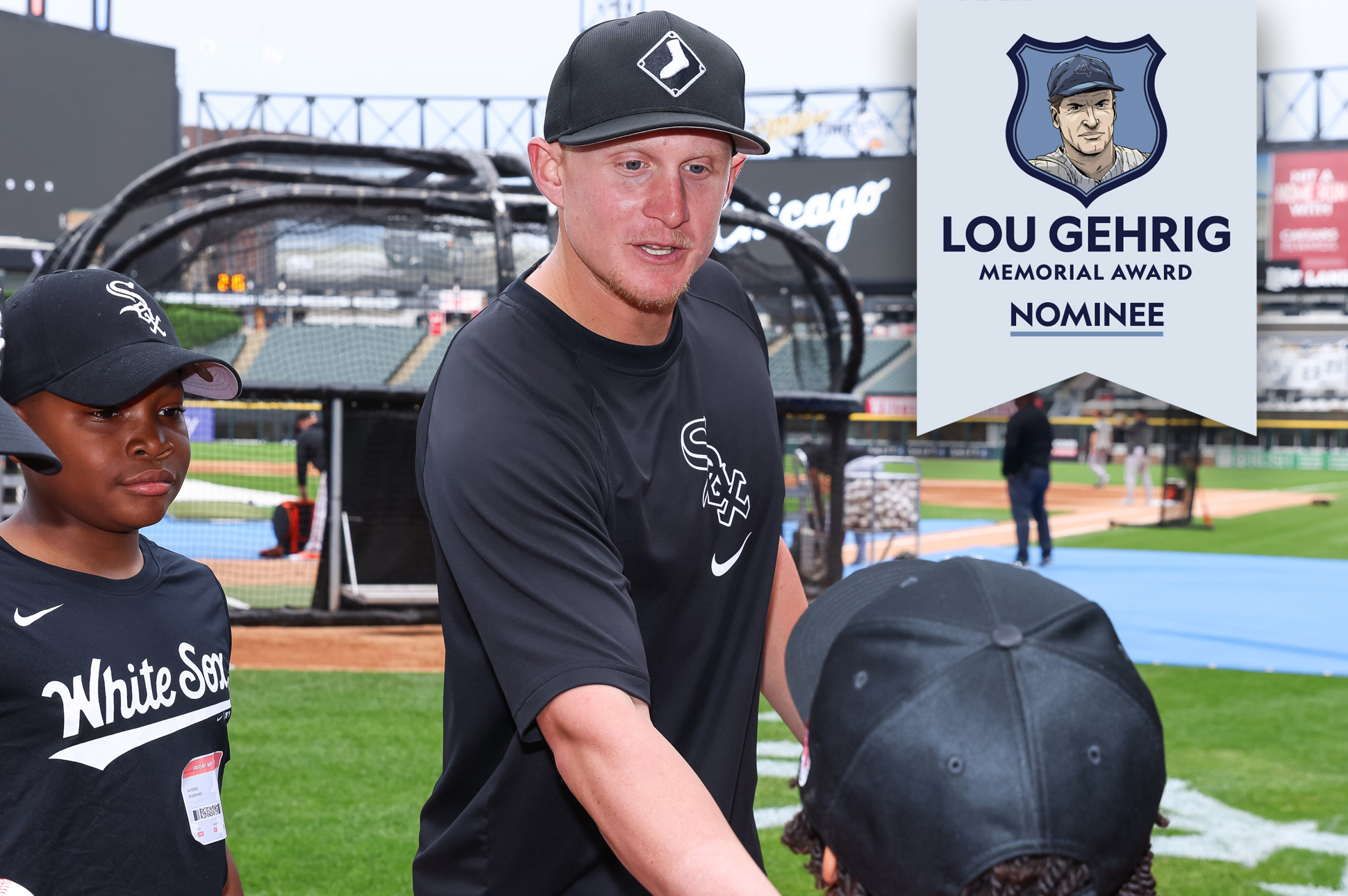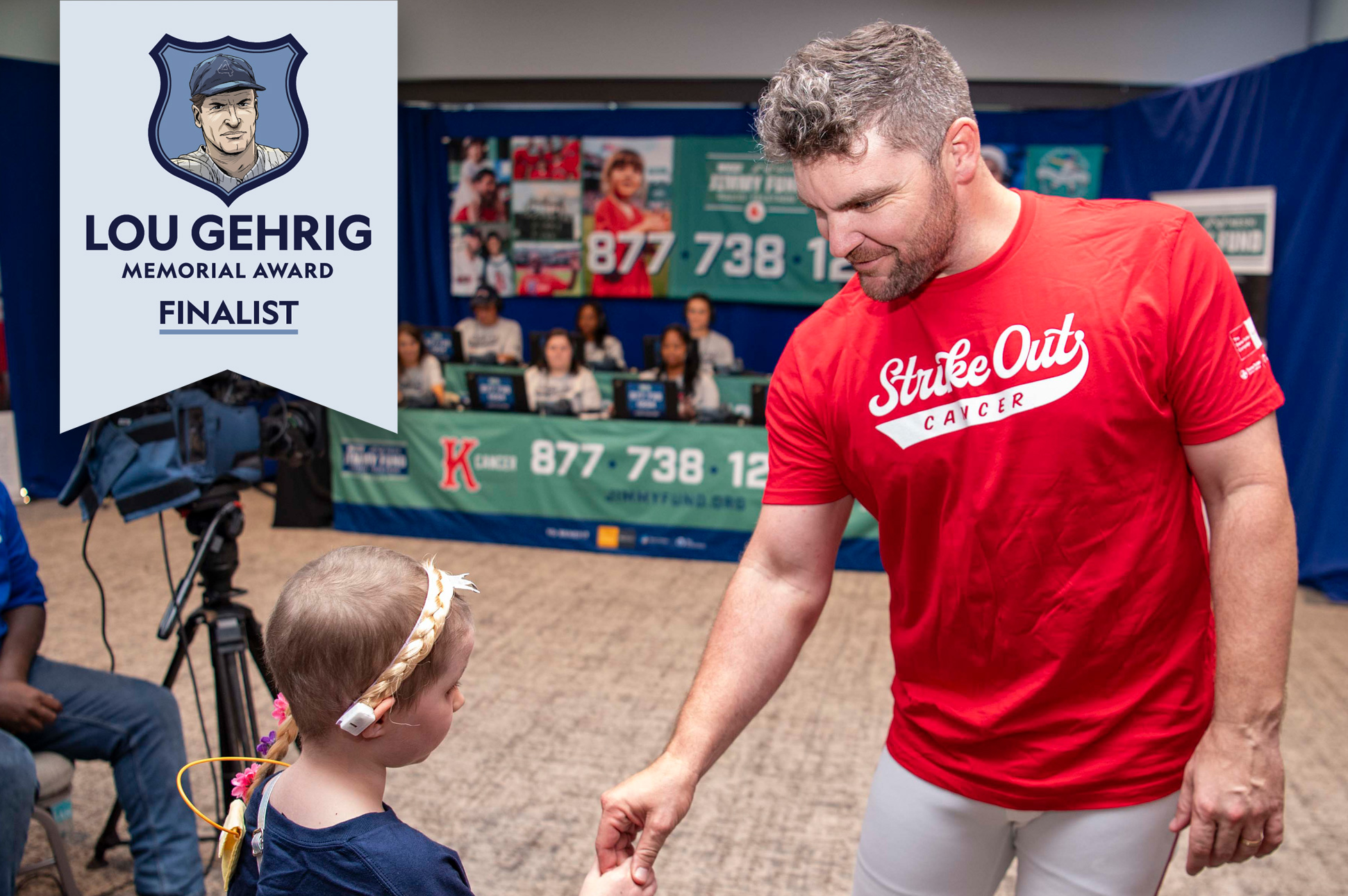Phi Delta Theta has a remarkable history intertwined with the Olympic Games. Our members have been involved for generations, from competing against the highest competition in the world in their dedicated sports, to using their influence and talents off the field for a world-class viewing experience. Here are men who represented Phi Delta Theta in the history of the Olympic Games.
David Amber, McGill ’93
Role: Olympic reporter
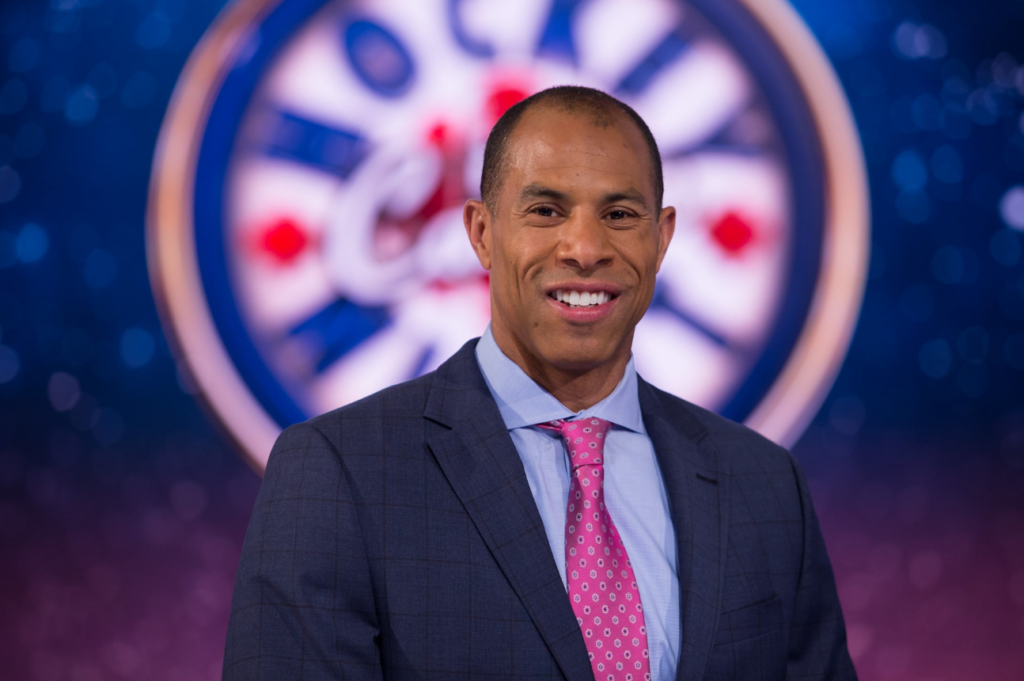
Contribution: Prior to his renowned work at ESPN, David Amber served as a reporter for two Olympic Games while working with TSN in Toronto. During this time, David also anchored and reported during during several World Series, Stanley Cup Finals, and NBA Finals.
Gary Bender, Wichita State ’62
Role: Sportscaster covering the Olympics
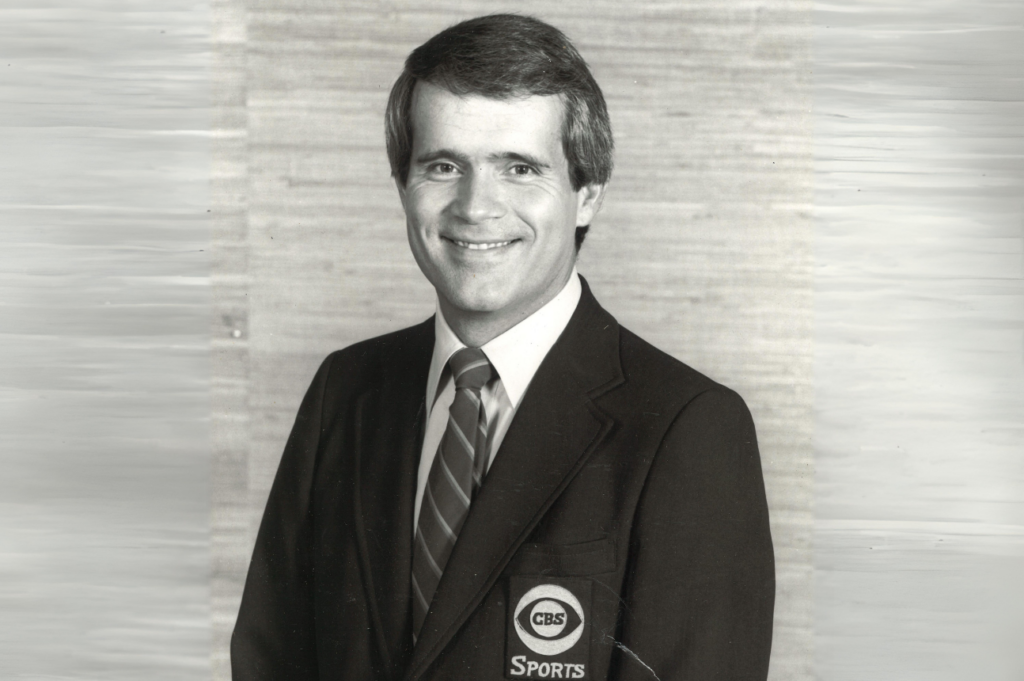
Contribution: After leaving CBS in June of 1987, Gary joined ABC as a play-by-play announcer. His assignments included coverage of the 1988 Winter Olympics in Calgary. While in Calgary he described the tragic falls of Dan Jansen in speed skating. Gary’s assignments also covered the MLB, NBA, and NCAA football.
Michael Callahan, Washington ’96
Role: Olympic rowing
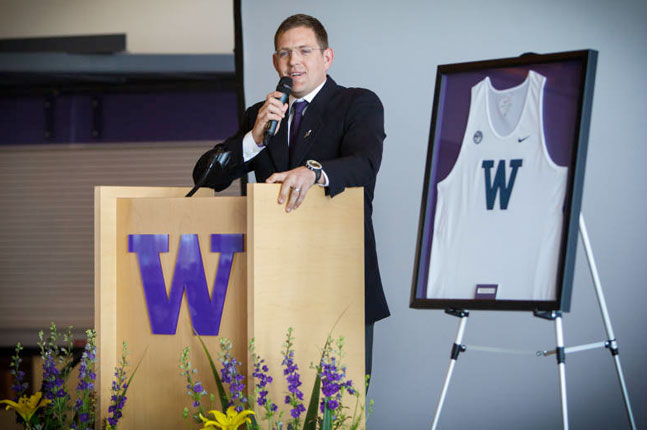
Contribution: Michael Callahan won a gold medal at the 1992 World Rowing Championships in the Junior Men’s Eight in Montreal. After graduation, Callahan joined the U.S. Men’s National Team, winning a bronze medal in the 1995 Under-23 Nations Cup Regatta, followed by a gold medal at the 1996 Under-23 Nations Cup Regatta. He stroked three U.S. National Team boats at the World Championships between 1997 and 2002. Callahan was a medalist at the 1999 Pan-American Games and 2000 World Rowing Cup, and a member of the 2004 U.S. Olympic Rowing Team.
Dwight Davis, Washington 1899
Role: Olympic tennis
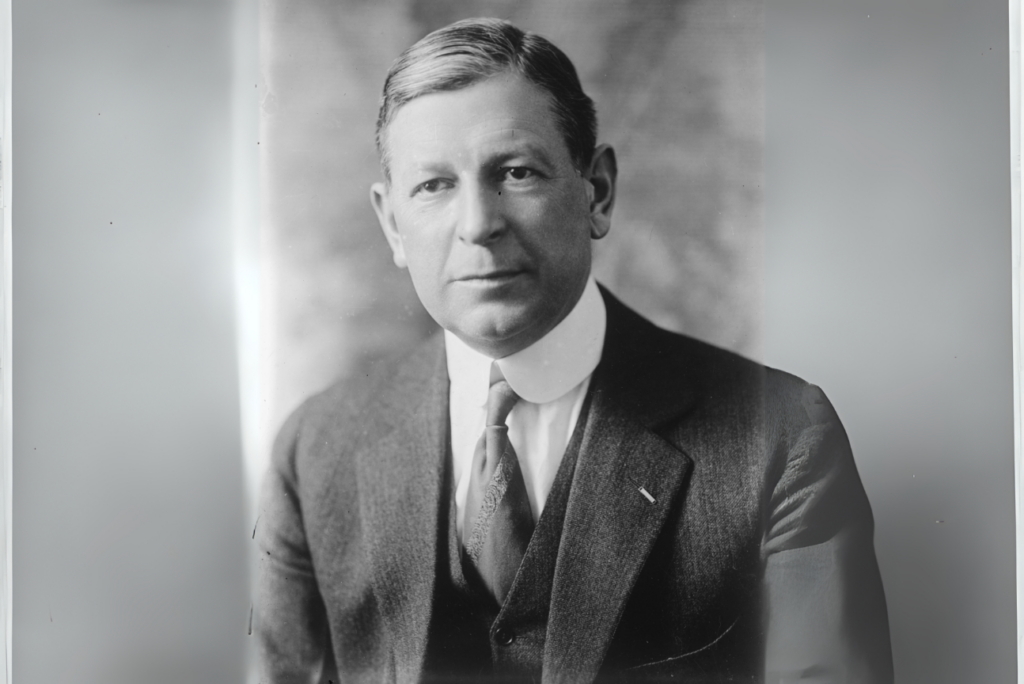
Contribution: Davis was a member of the US team that won the first two competitions in 1900 and 1902, and was also the captain of the 1900 team. He also participated in the 1904 Summer Olympics.
Scott Fortune, Stanford ’89
Role: Olympic volleyball player
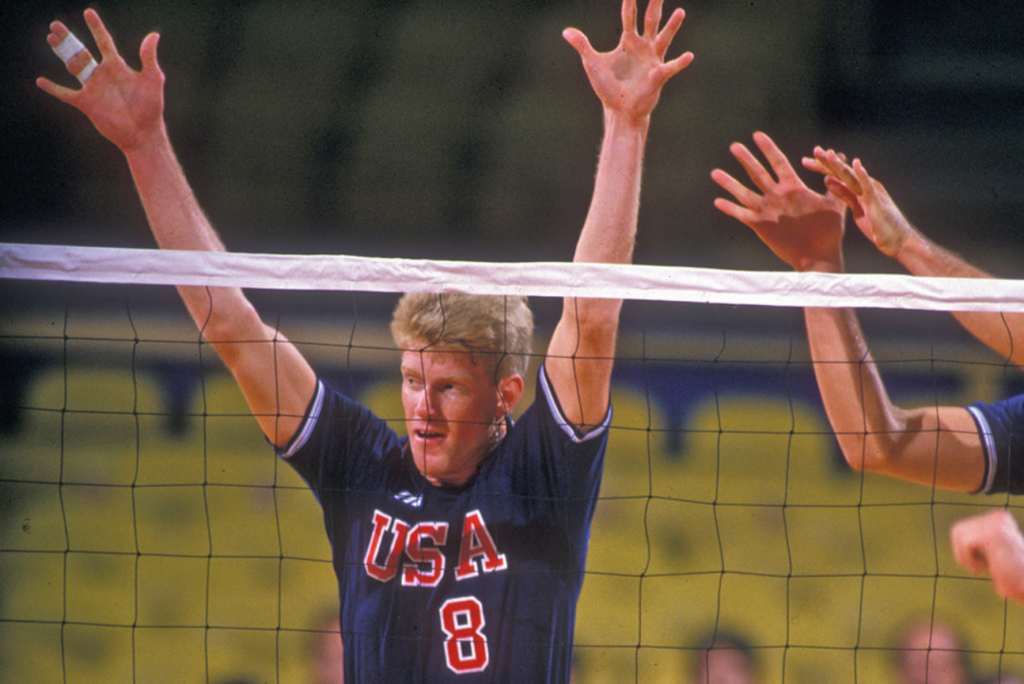
Contribution: Scott Fortune joined the U.S. national team in 1986. He was a member of the gold medal winning team at the 1988 Summer Olympics. In 1991, he was named the USOC Male Volleyball Athlete of the Year. He won the best passer and best digger awards at that year’s World League. At the 1992 Summer Olympics, Fortune was named best digger and helped the U.S. win the bronze medal. He also played in the 1996 Summer Olympics.
James A. Gordon, Miami ’31
Role: Olympic track and field
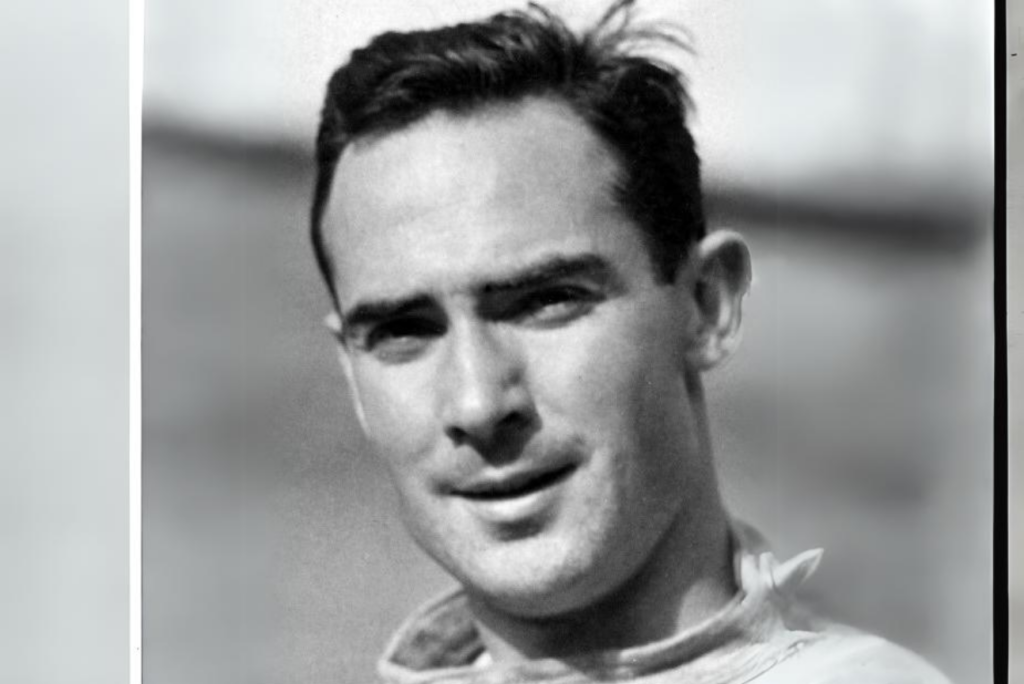
Contribution: James A. Gordon was the first Miamian to participate in the Olympics. He was a finalist in the 400-meters in the Olympic Games held in Los Angeles in 1932. His best time in the 440-meter was clocked in at 47.8 seconds.
Willie Geist, Vanderbilt ’97
Role: Olympic reporter
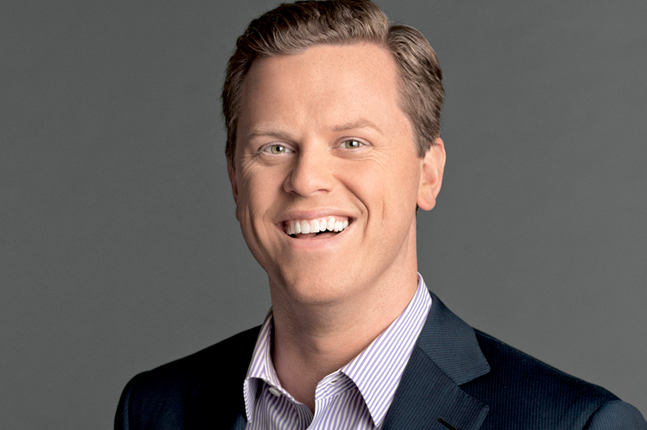
Contribution: Geist has covered multiple Olympics for NBC News Network and will continue his work during the 2024 Paris Olympic Games.
Charlie Hickcox, Indiana ‘69
Role: Olympic swimmer

Contribution: Charles Hickcox was an American competition swimmer, three-time Olympic champion and former world record-holder in six events. The peak of Hickcox’s swimming career occurred between 1967 and 1968 when he set eight world records in the space of sixteen months.
Tom Harmon, Michigan ’41
Role: Olympic commentator
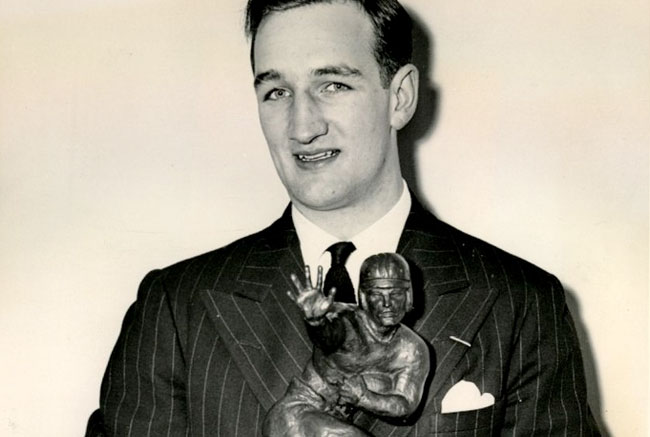
Contribution: After his Heisman-winning professional career, Tom reported live on major sporting events from the Olympics to the Rose Bowl for networks such as CBS, ABC, and NBC, totaling over 10,000 broadcasts.
David Jenkins, Case Western Revere ’63
Role: Olympic figure skater
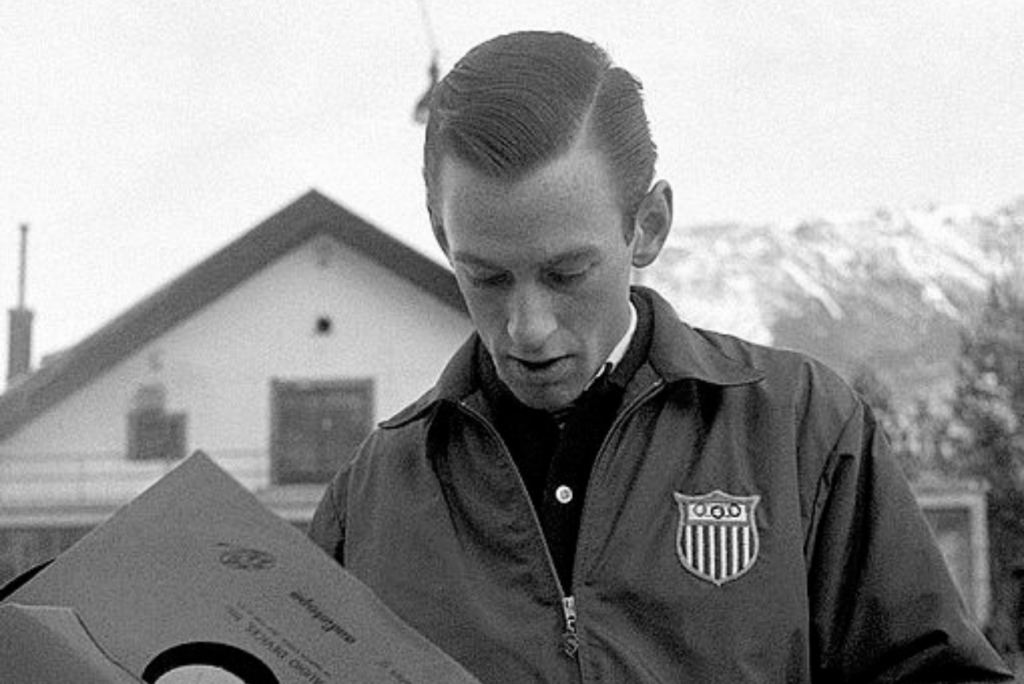
Contribution: David Jenkins won first bronze medal at the 1956 Olympic games. His brother also won the gold that year. David came back to the Olympics in 1960 and went on to win the gold medal at the Winter Olympics.
Blane Lindgren, Utah ’62
Role: Olympic track and field
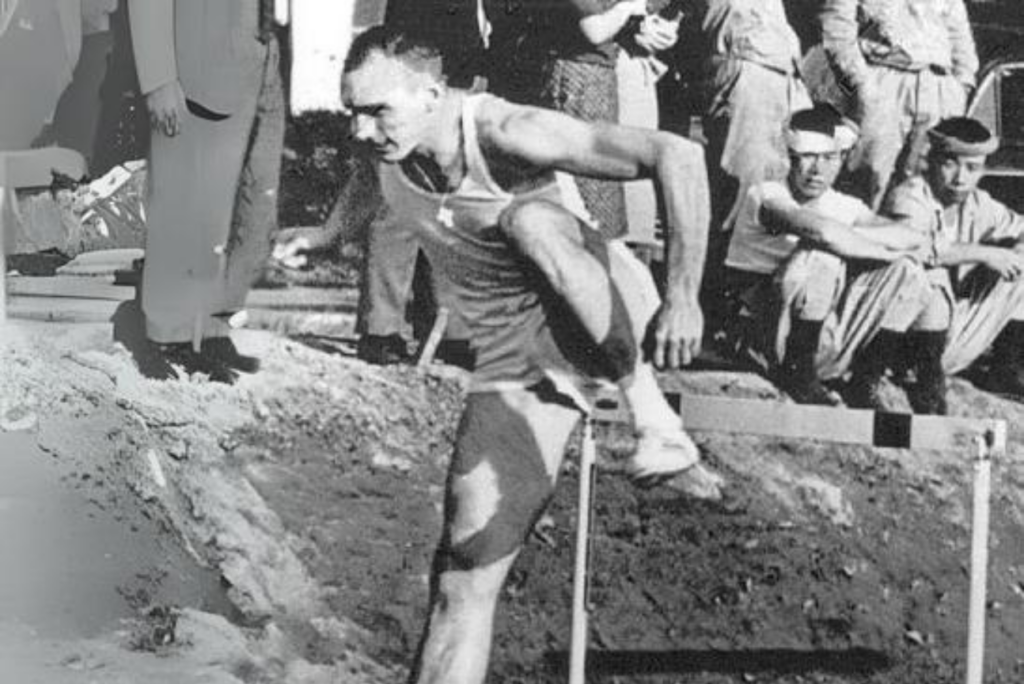
Contribution: Blane competed in the 110 m hurdles for the Olympic games, and in 1964 he received the silver medal in Tokyo.
Billy Payne, Georgia ’69
Role: Head of the 1996 Olympic Games committee
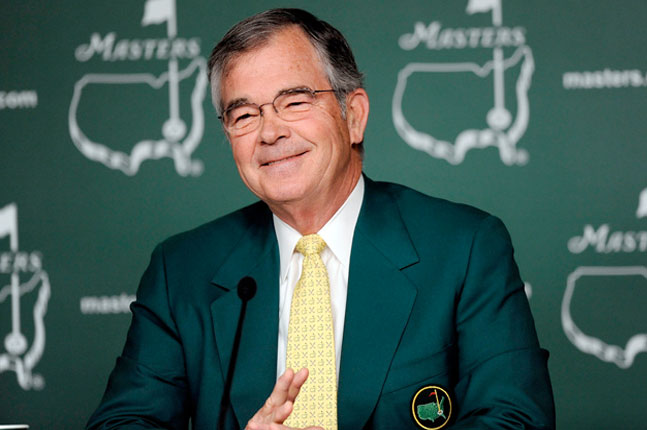
Contribution: As the head of the Atlanta Committee for the Olympic Games, Billy successfully convinced international leaders and sponsors to support the bid to bring the Olympics to Atlanta, Georgia. His efforts were said to be instrumental in shaping the modern Olympic landscape and highlighting the city of Atlanta on a global stage.
Doug Russell, UT Arlington ’70
Role: Olympic swimmer
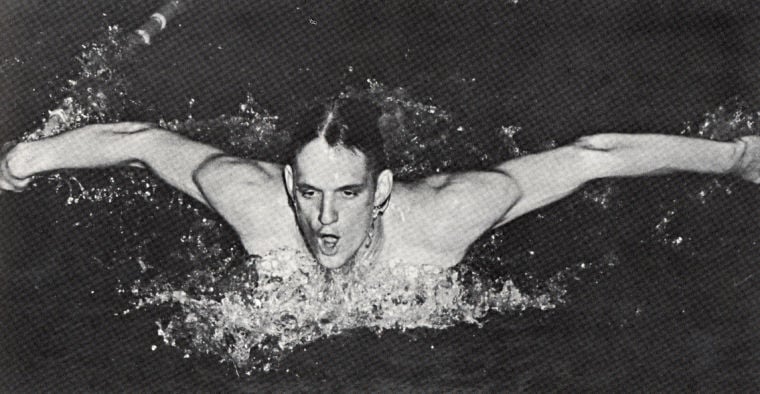
Contribution: Doug Russell has two Olympic gold medals to his name. In 1968 he raced in the inaugural 100 Meter Butterfly event at the Olympics held in Mexico City, Mexico. Edging out the event favorite and teammate Mark Spitz, Doug led the way to a USA sweep in the inaugural event. He took home another gold medal in the same Olympics Games swimming the butterfly leg in the 4X100 Meter Medley Relay.
Kenny Selmon, UNC-Chapel Hill ’18
Role: Olympic track and field
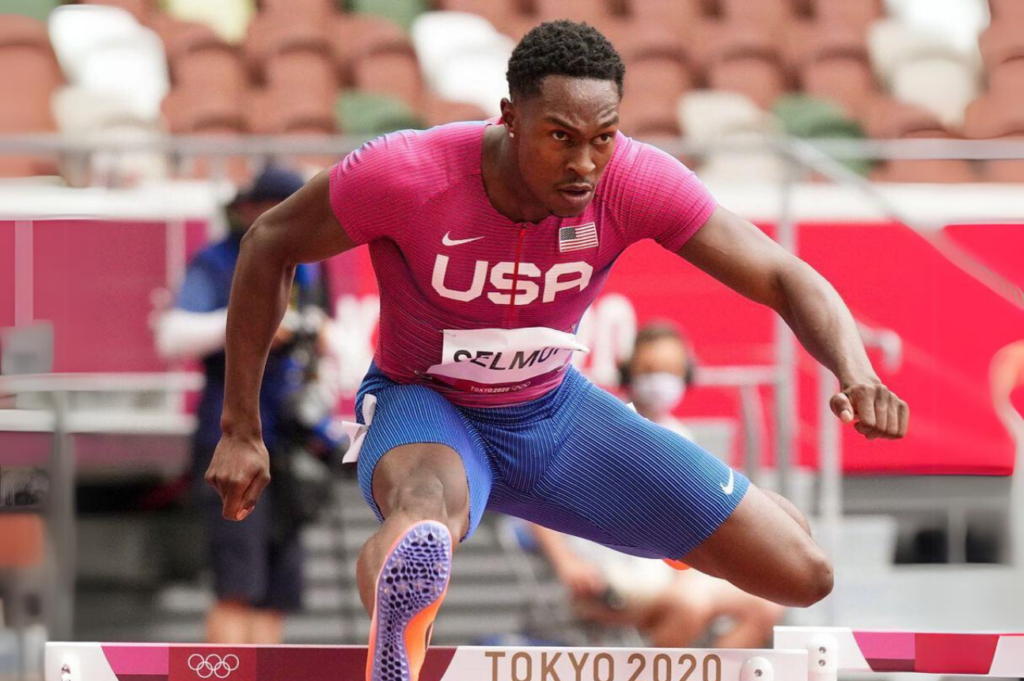
Contribution: In 2014, Kenny made his first USA team, where he competed in the 400-meter hurdles. After a legendary run as an undergraduate at UNC-Chapel Hill, Kenny represented the United States in the 400-meter hurdles at the Tokyo 2020 Olympics, where he placed ninth.
Detlef Schrempf, Washington ’84
Role: German nation basketball player
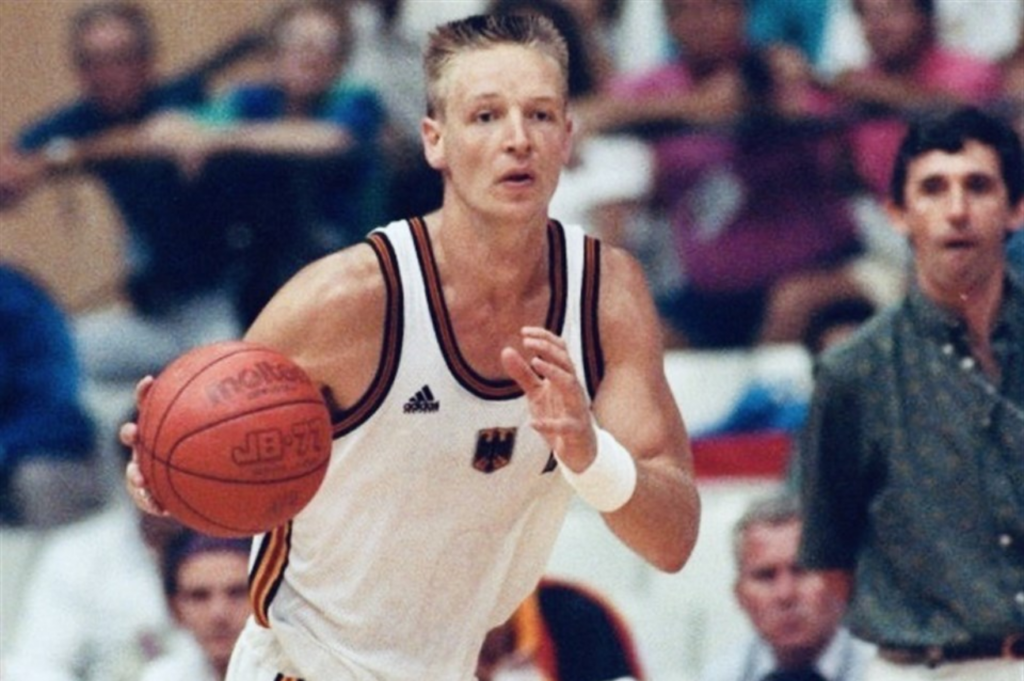
Contribution: Detlef played in the Olympics for West Germany in 1984 and the German national team in 1992. One of the most versatile players to ever play in the NBA, Detlef Schrempf’s play on the biggest stage would inspire a generation of players that would model his all-around style.
Bill Toomey, CU Bolder ’61
Role: Olympic decathlete
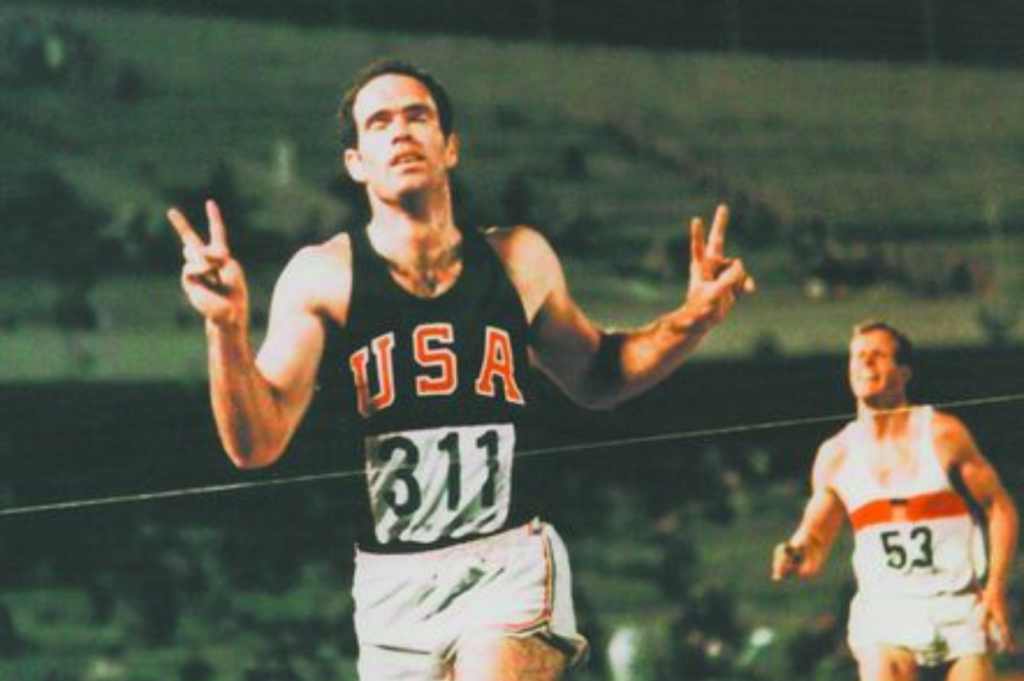
Contribution: Bill Toomey won the gold medal in the decathlon at the 1968 Olympics, showcasing his versatility and endurance across ten track and field events. The title of World’s Greatest Athlete has been given to the person who wins the Olympic Decathlon. Bill Toomey would win an astounding twenty-three of the thirty-eight decathlons in which he competed.
Robie Vaughn, UT Austin ’78
Role: Olympic skeleton sledder

Contribution: Robie Vaughn’s dedication to the sport of skeleton was crucial in its inclusion in the 2002 Winter Olympics. As both an athlete and organizer, Vaughn lobbied the International Olympic Committee and other governing bodies to bring skeleton back to the Olympic program.
Wayne Wells, Oklahoma ’69
Role: Olympic wrestling
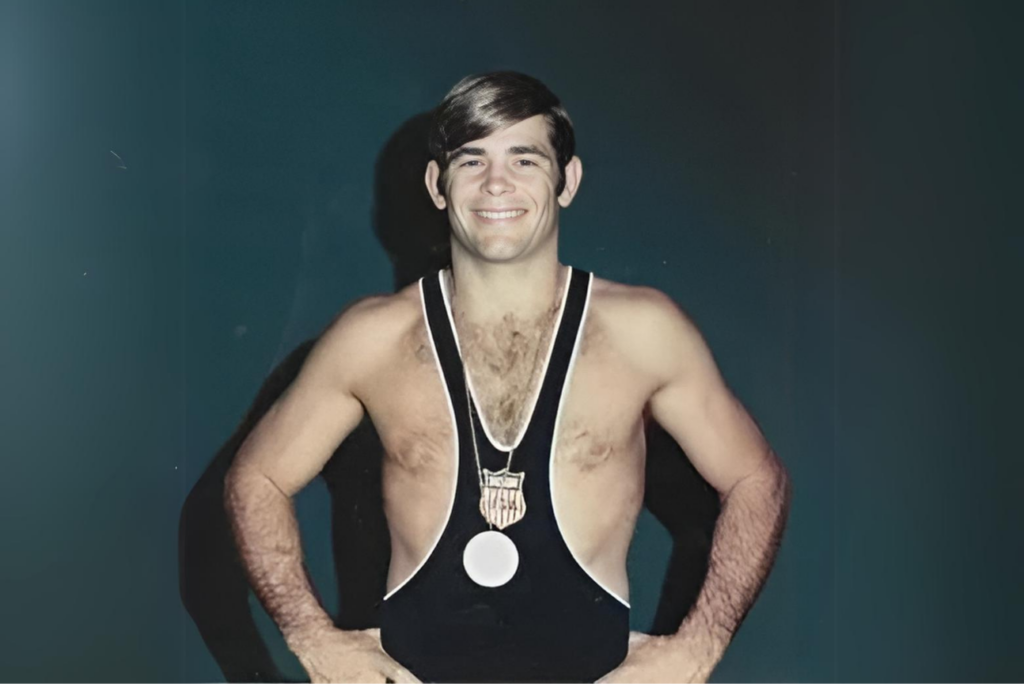
Contribution: Wayne Wells placed fourth at the 1968 Olympic Games, and after taking time away from the sport to finish law school, he earned a gold medal in freestyle wrestling in the welterweight class in 1972. Wayne Wells also is the first-ever Nike signature athlete!

